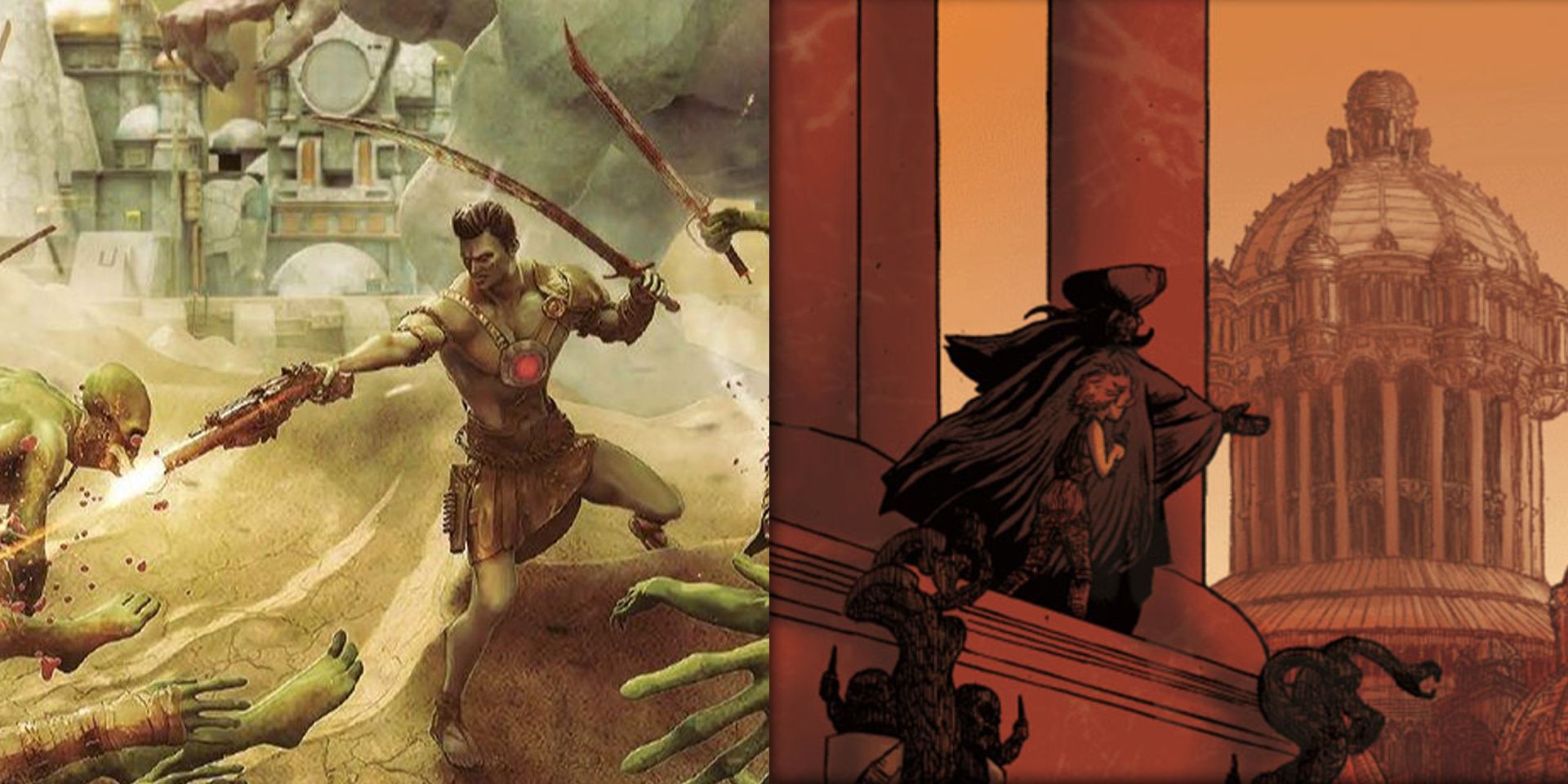
Like stories and games in the steampunk genre, classic planetary romance narratives such as the John Carter books of Edgar Rice Burroughs are gloriously anachronistic blends of science fiction and fantasy tropes. Gamers who are fans of this retro genre of fiction should check out the following tabletop RPGs, set in universes where Mars is crisscrossed with canals, Venus is covered with jungles, and heroes wield ray guns and sabers with equal aplomb.
The Planetary Romance genre as we know it was codified by pulp writer Edgar Rice Burroughs (of Tarzan fame) and his long-running John Carter of Mars series. The titular John Carter is a Civil War veteran from Virginia who travels via astral projection to Mars (called Barsoom by its natives), an arid, dying world of feuding Martian species and city-states. There, he embarks on a long, fruitful career of warlord slaying and planet-saving, pursuing a tempestuous romance with the Red Martian princess Dejah Thoris and trouncing armies of foes thanks to his soldier's training and "heavy-worlder" super-strength.
The John Carter series went on to inspire Leigh Brackett's Eric John Stark series, C.L. Moore's Northwest Smith series, and other works of Planetary Romance - a subgenre of science fiction focused on humans having adventures on extraterrestrial worlds with alien cultures and ecosystems. After astronomical observations proved that Mars and Venus were thoroughly uninhabitable, science fiction storytellers applied the tropes of Planetary Romance to imaginary worlds outside of the solar system, as seen in Ursula K. LeGuin's The Left Hand of Darkness novel and James Cameron's movie Avatar. These RPGs, in contrast, embrace the retro qualities of John Carter and other early 20th century planetary romance fiction - sabers, radium rifles, Martian canals and all.
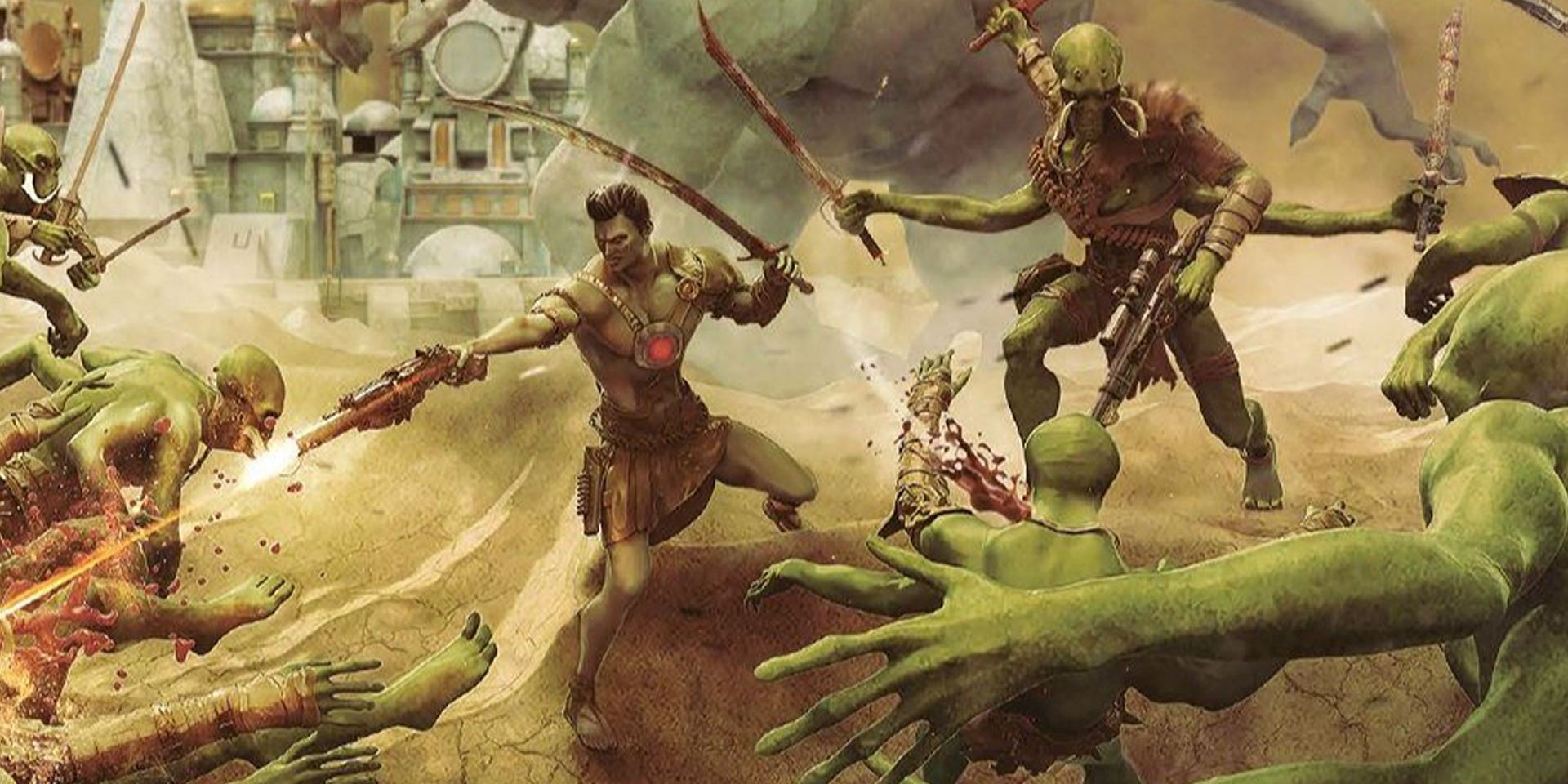
The elaborately named John Carter of Mars: Adventures on the Dying World of Barsoom is an official RPG adaptation of Edgar Rice Burrough's famous planetary romance series published by Modiphius Entertainment (built around a simplified version of the 2d20 system used for its Star Trek Adventures and Dune: Adventures in the Imperium). Players can create heroic PCs inspired by the characters and species in the John Carter novels, then embroil them in thrilling tales of action and intrigue.
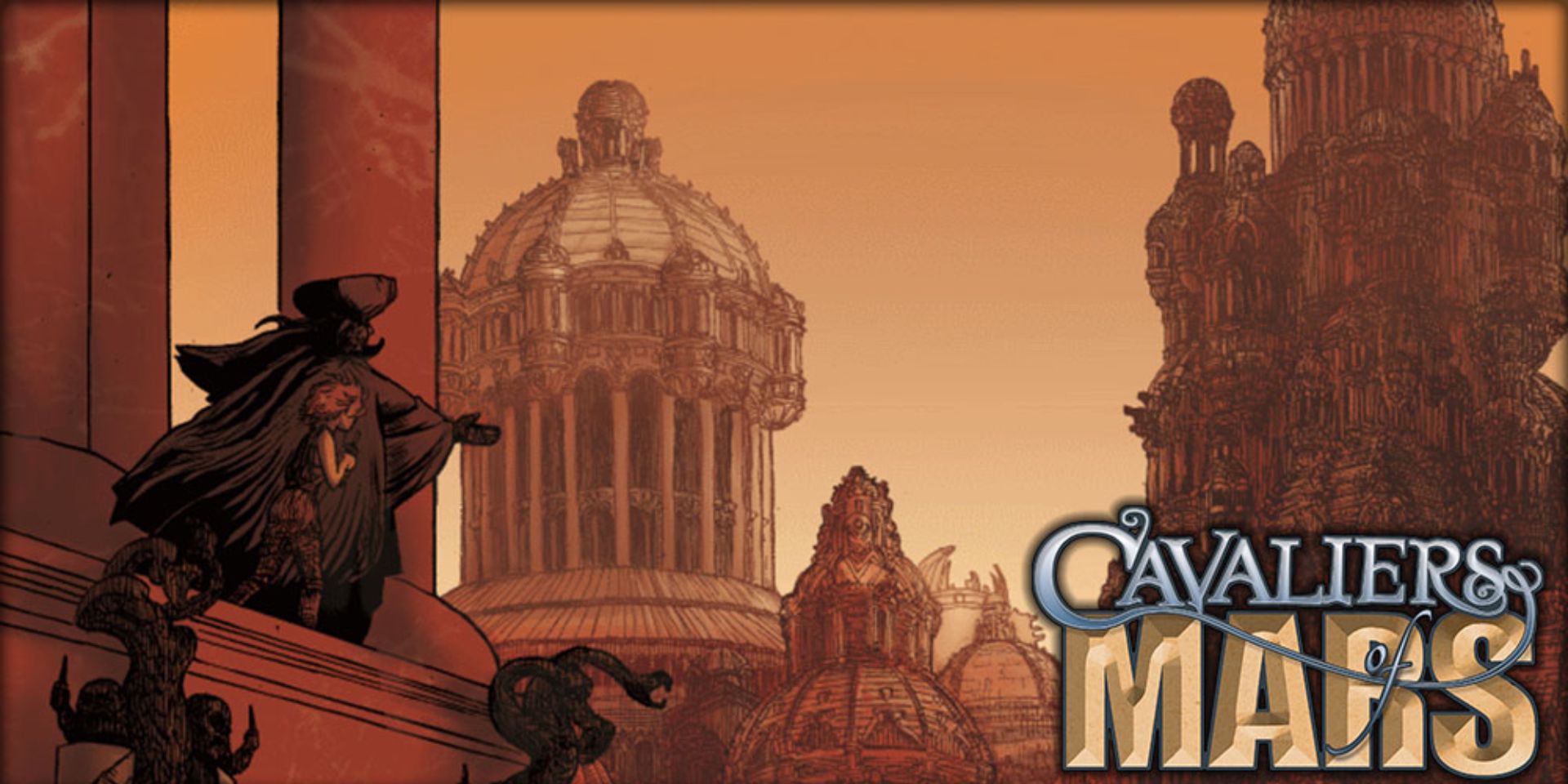
Cavaliers Of Mars, a pulp adventure RPG published by Onyx Path, takes "Dying Mars" sub-genre of planetary romance and combines it with swashbuckling adventures and tales of Renaissance intrigue; in the words of Rose Bailey, the game's creator, "Mars has canals, therefore Mars must have Venice." The drama-oriented game system of Cavaliers Of Mars lets player characters draw strength from their motivations, encouraging players to tell stories about dashing duelists, charismatic courtiers, and ambitious warlords with great talents and greater passions.
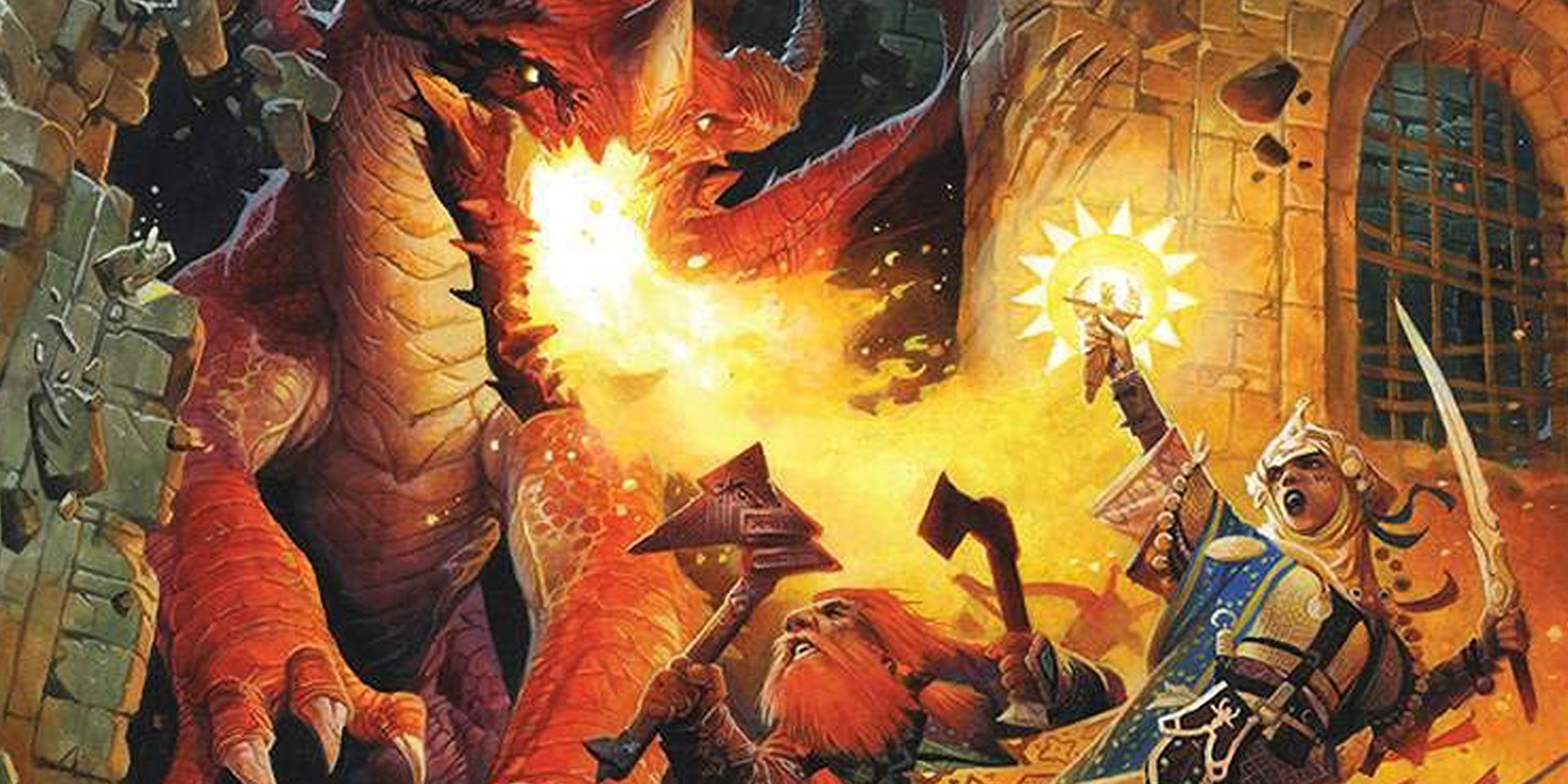
Pathfinder Second Edition, published by Paizo Inc., was conceived as a spiritual successor to Dungeons & Dragons' third edition, and at present is still one of D&D's biggest competitors when it comes to roleplaying stories of sword-and-sorcery action. The default setting of Pathfinder games is the pre-modern fantasy world of Golarion, but Golarion is just one of several worlds in a mysterious solar system players characters can visit using plane-shifting magic. The Mars-like planet of Akiton, for instance, is a non-copyright version of Barsoom from the John Carter books, while the systems's local sun is filled with creatures from the Elemental Plane of Fire.
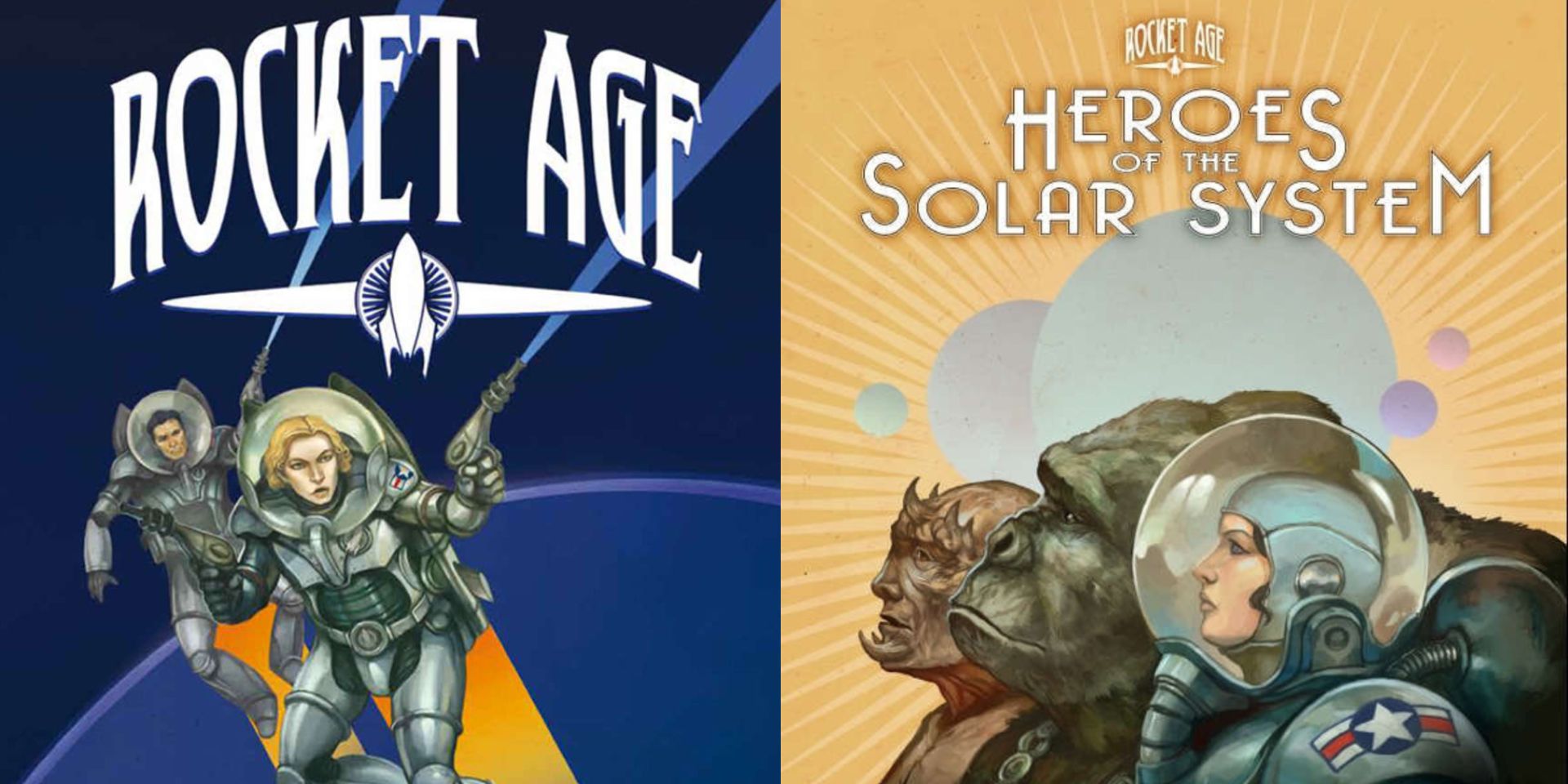
The pulp science fiction adventure RPG Rocket Age, currently published by Why Not Games, is a retro-futuristic, Art Deco roleplaying game set in a alternate universe version of 1936 where heroes and heroines from Earth blast around in the solar system in Flash Gordon-style space rockets. Rocket Age's narrative-focused gameplay is supplemented by a setting that homages countless tropes of the Planetary Romance genre and the Golden Age of science fiction – Venus as a jungle world, a John Carter-style Mars filled with warriors and princesses, rifles and energy swords fueled by radium, etc. Rocket Age also has some surprisingly nuanced commentary about imperialism, colonialism, and the importance of fighting both.
Sources: Why Not Games, Modiphius Entertainment, Onyx Path
from ScreenRant - Feed https://ift.tt/3AUmlpc


0 Comments